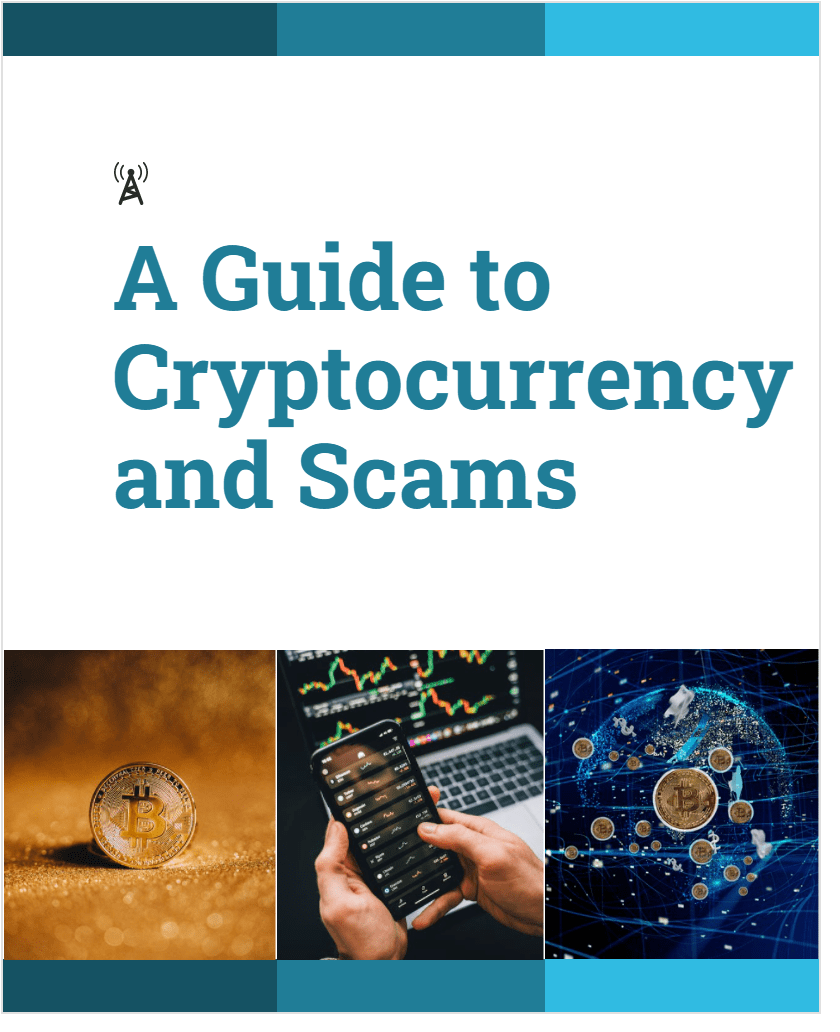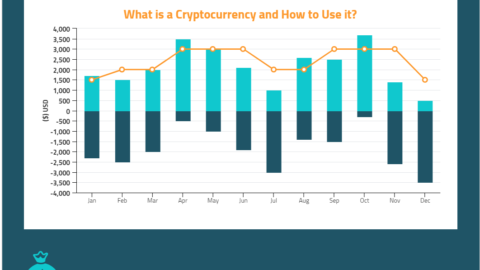Cryptocurrency Scams: All You Need to Know to Protect Yourselves
Cryptocurrency is growing in popularity around the world. More people are investing in crypto and looking to earn rewarding returns. Unfortunately, it is quite easy to for this dream to become a nightmare. But no worries, we are here to help you out. Discover how not to fall for these Cryptocurrency Scams with us!
Table of Contents
Cryptocurrency is exciting when you think about it. The word “crypto” on its own, makes you believe like you have a reserved part in the upcoming future, and we do. Humanity has an ever-evolving technology within, and everything changes in the blink of an eye. One of these technologies is the infamous Blockchain, which Cryptocurrency owes its existence to.
It’s not bad though, when you think about it someone knows someone who somehow invested in the cryptocurrency and bought a car, a house, or something much more. Hearing about these stories makes us wish to be in their shoes. And.. We try to.
But when there is something good, the bad eventually catches up with its means of fraud. It’s the balance of the world. Maybe a friend of yours invested in one of the cryptocoins and somehow is happier now or in better condition then he/she used to be. But remember. This doesn’t mean things will go equally well for you. Because nowadays, anyone seems to know what a real investment or cryptocurrency site looks like. And for the scammers, it is not really hard to counterfeit and copy the exact same user interface of that trusted cryptocurrency website and present it before you to invest.
And yes.. “Everything look-ed exactly like it was real.” And the payment.. “It looked safe.” Oh maybe it was a person who contacted you first on LI too?
With the growing market of cryptocurrency, cryptocurrency scams are also on the rise. Since October 2020, around 7,000 people have lost over $80 million in cryptocurrency scams.
Additionally, many have lost their entire savings and given up the hope for comfortable retirement life.
As a result, everyone should be careful while buying, selling, and using cryptocurrencies. Let’s find out more about how you can trade crypto safely and avoid scams.
Read this article to be safe in your cryptocurrency investments – don’t fall for the cryptocurrency scams! Please..
What is Cryptocurrency?
A cryptocurrency is a form of digital currency present in electronic form. You can get cryptocurrency from another person or buy it from an online exchange. Bitcoin, Ethereum, and Litecoin are some examples of cryptocurrencies.
How to Get Cryptocurrency?
You can get cryptocurrency from other people or buy it from an exchange. You can also earn crypto coins by mining and validating crypto transactions.
What are Some Common Cryptocurrency Scams?
It is not very difficult to detect frauds related to cyber currency.
Let’s explore some of the common ways people get scammed while using crypto currency:
Cryptocurrency Scams: Fake Exchanges
You can come across a fake trading site once in a while that uses made-up reviews and claims. These fake exchanges can compromise your private information and even steal your money.
Cryptocurrency Scams: Fake ICOs
ICO or initial coin offerings are like IPOs in the trade exchange. It is a way to launch cryptocurrency or projects based on crypto coins.
However, these ICOs can also be a scam and rob your money.
Cryptocurrency Scams: Pay Using Crypto Coins
Did someone ask you to pay using Bitcoins?
Then it can be a sign of a Bitcoin scam, and you should surely avoid making any such payments.
Cryptocurrency Scams: Fake Offers and Scam Emails
Anything that sounds too good to be true can be a potential sign of a scam. Additionally, scam emails can trick you into revealing your private information. Hackers may also use the data to steal money from your crypto wallets or bank accounts.
How to Avoid Cryptocurrency Scams
You can adopt a few precautions to avoid falling for cryptocurrency scams. Keep the following in mind and never disclose your data on platforms you don’t trust:
Use Antivirus
An antivirus can protect you from hacks and phishing attempts. It is a fundamental step that goes a long way to safeguard your personal data and accounts.
Always Research
Never believe in an offer or use a crypto exchange without performing your homework. Research thoroughly on the internet and use a service only when it can win your trust.
Moreover, look for registration details of exchanges for complete peace of mind.
Avoid Suspicious Emails and Links
Don’t open any email that looks suspicious. Always check the address of the sender, even if it appears to be familiar.
Additionally, prevent clicking on any links you don’t trust or filling up forms on any website. It will help you avoid any Bitcoin fraud or scams. Now, while cryptocurrency and scams are normal, you do have some great options like zignaly to choose from. It’s up to you to decide how you want to proceed with your crypto adventures online.
Question Everything
Did someone claim they can double your Bitcoins?
Always resist the temptation to trust offers you see on social media or the internet. Ask yourself if it is really possible or even makes sense.
You will be able to avoid many crypto scams by adopting an inquisitive approach.
How to Report Cryptocurrency Scams?
Crypto transactions are generally irreversible. Therefore, it may be impossible to get back your money once it is gone. Still, you should report a crypto scam to the Federal Trade Commission at ReportFraud.ftc.gov.
You can also approach the following agencies for support:
- The Commodity Futures Trading Commission
- The Securities and Exchange Commission
In addition, register a complaint with your crypto exchange or wallet you used to pay the money.
Final Thoughts
Cryptocurrency frauds are on the rise, especially from last year. You need to spot the red flags to identify crypto scams and avoid any financial loss. Always go with trusted exchanges and research anything you read online. Additionally, report the scam as soon as possible to contain the damages.
I’ve been writing articles about IT for 3+ years . Also I worked as an author for the ORDB blog for over 2 years.










